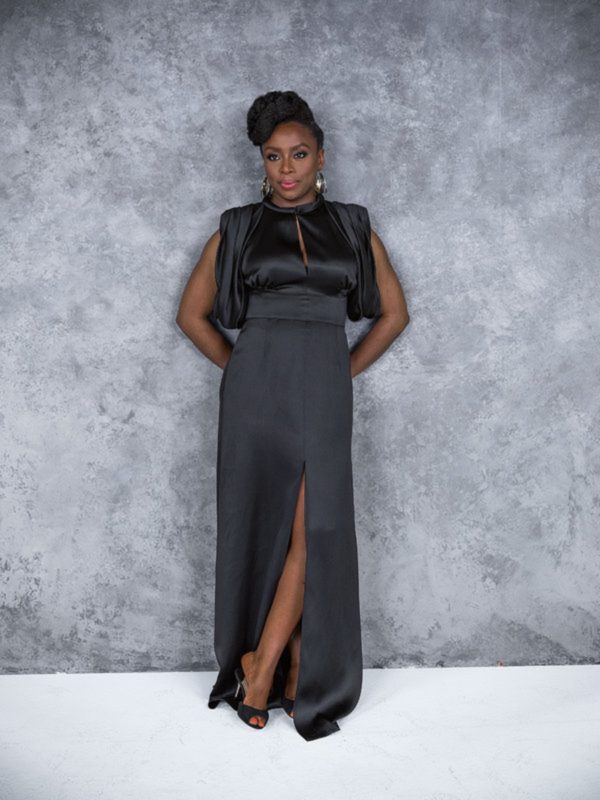
In 2017, in what should have been its tenth edition, Chimamanda Ngozi Adichie announced that her annual workshop would not be held because there were no sponsors. In an email to Brittle Paper, she had stated that “our sponsor, Nigerian Breweries PLC (NB PLC), abruptly withdrew their sponsorship due to a need to streamline their expenditure.” Began in 2008, the event, branded as the Farafina Trust Creative Writing Workshop with her as Creative Director, had run with different sponsors at different times. “My commitment to the growth of our voices has not wavered,” she stated. “Nor has the commitment of those who have worked to make this decade-long endeavour the success that it has been. We will take this time off to establish a new organisation and structure that will provide a more stable foundation for the workshop and other initiatives. The workshop will be back next year.”
And it just did, as the Purple Hibiscus Trust Creative Writing Workshop, sponsored by Trace Nigeria, the multi-platform media and entertainment company with over 200 million viewers and listeners in 160 countries. The change of name isn’t surprising as she had, in February of this year, left her longtime Nigerian publishers Kachifo Limited—the parent company of Farafina Trust—for Narrative Landscape Press, run by her friend Eghosa Imasuen, author of Fine Boys.
In its revamped format, the Purple Hibiscus Trust Creative Writing Workshop will still last 10 days, from November 20 to November 30, 2018. Accommodation will be provided for accepted applicants for its duration.
“The workshop, which is currently in its 11th year, will continue to provide me the opportunity to contribute to the growth of the writing community in Nigeria,” Chimamanda said. “It will also serve as a platform for writers to learn from one another and from established writers.”
Sam Onyemelukwe, Managing Director of Venator Partners/Trace Nigeria, stated: “We are very pleased to partner with Chimamanda Ngozi Adichie. She is an inspiration to youth in Africa and around the world; and through her art, she not only entertains but challenges stereotypes and kindles conversations that would often otherwise not be had. This corresponds with the Trace mission to engage and inspire urban and Afro-Caribbean youth through news, entertainment, arts, lifestyle and culture.”
Alongside Chimamanda, sessions at the workshop were facilitated by Binyavanga Wainaina and Aslak Myhre, the National Librarian of Norway. Other facilitators have, in different years, included Tin House editor Robert Spillman, NLNG Nigeria Prize for Literature winner Chika Unigwe, mystery novelist Jeffrey Allen, the memoirist Faith Adiele, the Poet laureate of Scotland Jackie Kay, British-Malaysian writer Tash Aw, and American novelist Dave Eggers.
Graduates of her workshop—over 200 of them—have made big splashes: Tolu Ogunlesi won the Arts and Culture Prize in the 2009 CNN Multichoice African Journalism Awards, and then their Business and Economics Prize in 2013; Adeleke Adeyemi won the 2011 NLNG Nigeria Prize for Literature for his children’s book, The Missing Clock, with his pen name Mai Nasara; Jekwu Anyaegbuna won the 2012 Commonwealth Short Story Prize for Africa Region for “Morrison Okoli (1955-2010)” and made the shortlist for the 2016 Miles Morland Writing Scholarship; Elnathan John has twice made the Caine Prize shortlist, in 2013 for “Bayan Layi” and in 2015 for “Flying,” and then the 2016 NLNG Prize shortlist; Uche Okonkwo won the inaugural 2013 Etisalat Flash Fiction Prize; Onyinye Ihezukwu won the $10,000 2014 Heinfield Prize; Pemi Aguda won the 2015 Writivism Prize; Oris Aigbokhaevbolo won the 2015 AFRIMA Music Entertainment Journalist of the Year; Pwaangulongii Dauod’s viral nonfiction piece, “Africa’s Future Has No Space for Stupid Black Men,” won the 2017/18 Gerald Kraak Prize; Nneoma Ike-Njoku won a 2016 Miles Morland Writing Scholarship.
In 2017 alone, five alumni snagged, or had a run at, major prizes: Ayobami Adebayo became the second Nigerian and fourth African to be shortlisted for the Baileys Prize for her debut novel Stay With Me; Jowhor Ile became the first Nigerian to win the Etisalat Prize for Literature for his debut novel And After Many Days; Akwaeke Emezi won the Commonwealth Short Story Prize for Africa Region; Kelechi Njoku, who won the Writivism Prize for West Africa Region in 2014, was shortlisted for the Commonwealth Short Story Prize for Africa Region; and Arinze Ifeakandu, who in 2015 won an Emerging Writer Fellowship from A Public Space magazine and was a finalist for the BN Poetry Award, was shortlisted for the Caine Prize for “God’s Children Are Little Broken Things.”
The Farafina Workshop usually closed with the Farafina Literary Evening, open to the general public. There is no word yet on whether there would be a Purple Hibiscus Literary Evening.
Dates
- Applications for the workshop will be open from September 24 until October 15, 2018.
- The final shortlisted applicants will be notified on November 7, 2018.
- The workshop kicks off November 20, 2018.
How to Apply
- Applications will be via email to [email protected].
- The email subject should read ‘Workshop Application.’
- The body of the email should contain the following: your name, address, a few sentences about ‘yourself’ and a fiction or non-fiction writing sample between 200-1,000 words.
We’ve published memoirs from the workshop in previous years, by Akwaeke Emezi and Eloghosa Osunde in 2015, and by Nnamdi Anyadu in 2016.


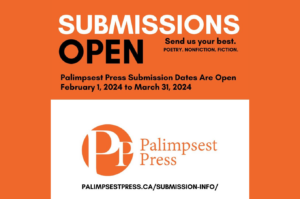


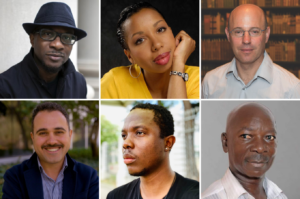
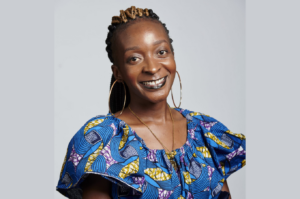
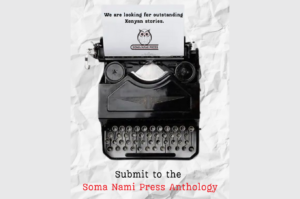

Obiora Okafo November 12, 2018 15:22
Hi It seems my application did not make it for the workshop since the date for contact has passed. I have these questions for Chimamanda Ngozi Adichie for my book EUROPE BY LAND . It is based on African migrants and their journey across the Sahara desert, North African countries and Mediterranean sea to Europe. 1.)You have been to Mexico/America boarder in relation to the migration surge there. As perilous as the route is, Libyan/European migration route seem worse: African migrants are dying in the desert of dehydration and cold, they battle with thieves and rebel soldiers that steal their valuables, beat them up and sometimes kill them. In the war thorn Libya and other northern African countries, the citizens and their governments see them as problems that add to their economic and social woes, they subject them to force and slave labour. Many are sexually abused. The ones that survive the dangerous journeys and manage to get on board leaking boats, if not drowned in the Mediterranean sea, before they get to the shores of Europe are caught and sent back by the European Union coastal guards. They are dehumanized, detained and deported. What is your effort towards this area and being that EUROPE BY LAND is about the route and it is intended to be used as a campaign material against the menace to save lives and economies by reducing the surge, how do you as an Iroko in the industry help to make the book achieve the desired goal? 2.) My book coach in America said that I should make the book known in America, how do I achieve that? But he added that an established author like you with international repute can influence that, if the book appeals to you. 3.) As a new author, without large followership in the social media to convince an agent that I can sell my book, how can I convince an agent to get my book to a publisher, knowing full well that governments of sources and receivers of African migrants are desirous of such books to solve the problem? Thanks. Obiora Ogochukwu Okafo 08023233158 08185779399